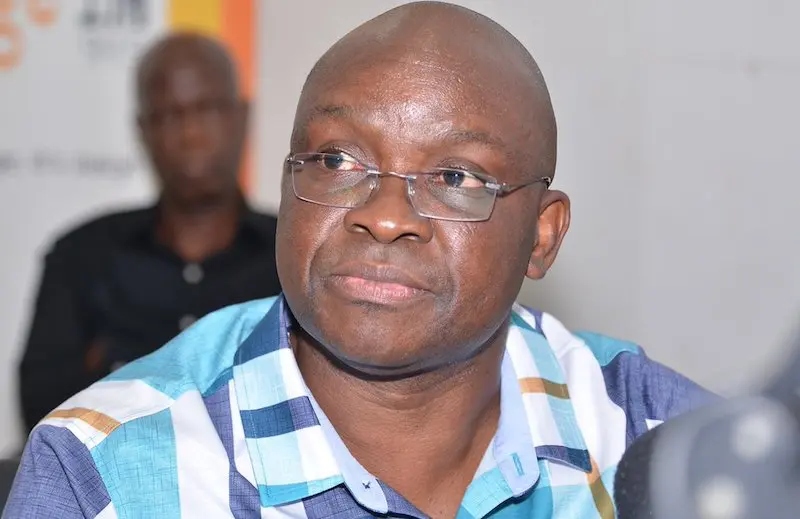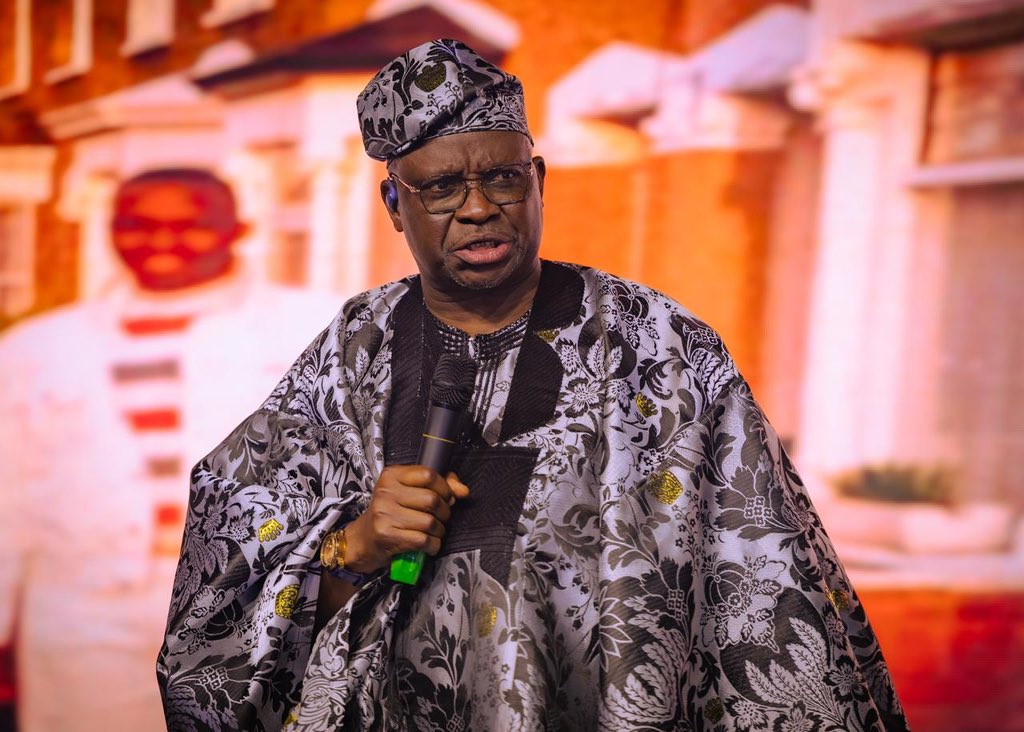Nigeria’s northern Kebbi State is mourning the passing of Major General Muhammadu Sani Sami (Retired), the revered Emir of Zuru and respected military leader, who died in London on Sunday at age 81 following a brief illness. Confirmed by his family, the death marks the loss of a figure celebrated for bridging decades of military service with traditional leadership.
Born on October 24, 1943, Sani Sami joined the Nigerian Army in December 1962, later training at the Mons Officer Cadet School in Aldershot, United Kingdom. His 1963 commissioning launched a distinguished career, culminating in high-profile roles such as Commander of the Brigade of Guards under former military head of state Murtala Mohammed and a tenure as military governor of Bauchi State during the 1983 transitional government. Colleagues and historians remember his tenure as marked by discipline and dedication, attributes that defined his post-military life as well.
After retiring from active service, Sani Sami returned to his hometown, ascending to the throne of the Zuru Emirate in Kebbi, where he became known as Gomo II. Locals revered him for his humility, work ethic, and steadfast commitment to preserving cultural traditions. His leadership style, described as unpretentious yet authoritative, earned admiration across generations, blending his military precision with a deep respect for the emirate’s heritage.
Statements from family members and the palace emphasized his dual legacy: a decorated soldier who navigated complex national roles, followed by a peaceful immersion into community stewardship. “He lived a life of service, first to his nation, then to his people,” the family’s tribute noted.
The late Emir’s death comes at a time of heightened attention on Nigeria’s traditional institutions, which retain significant cultural and advisory influence despite modern governance structures. His passing leaves questions about succession in Zuru, though the emirate council has stated that funeral arrangements will be disclosed following consultations.
Tributes from political leaders and military veterans have highlighted his role in stabilizing Bauchi State during a turbulent era and his quiet advocacy for education and infrastructure in Zuru. Analysts note that his ability to transition seamlessly from military to traditional leadership underscores the interconnectedness of Nigeria’s historical and contemporary governance.
As the nation awaits burial plans, the legacy of Major General Sani Sami—patriot, peacemaker, and custodian of culture—resonates as a testament to a life woven into the fabric of Nigeria’s modern history.



